

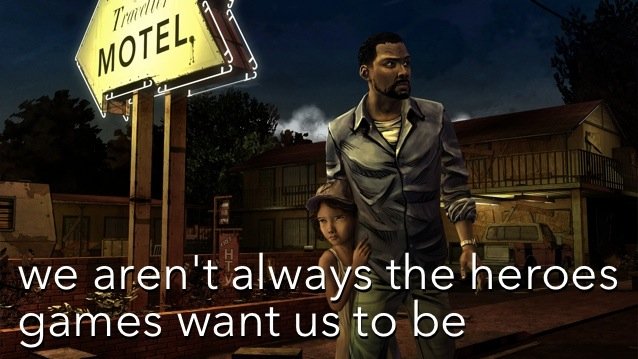
If there’s something I can count on in the stark world of The Walking Dead, it’s the knowledge that things will always get worse somehow. Fact. The effect this assurance has on how I view situations is fascinating to me, particularly when it comes to how often Lee, the protagonist, tries to play the hero.
I’m always the one going first, despite not knowing what awaits me. I’m always trying to save a chump that might not deserve it, that might put me in danger. I’m always the genius who thinks he’ll take it upon himself to go off on his own to do something for the benefit of the group. I’m always mediating the problems of others. Why? Is Lee not noticing that whole “bad-becomes-worse” pattern here?
Really, to what extent do we act in certain ways only because it is expected of us in our daily social contracts?Games have the power to teach us something about ourselves. Choices give way for reflection and introspection, difficult choices in particular can be surprising in what they reveal about you. Who did you save? What did you value more? Why did you do this over that? But for all a game might put you in the role of the champion, sometimes what you learn about yourself isn’t heroic at all.
While I’ve previously bemoaned games’ tendencies to put me in the role of the world-saving hero—surely, there are other worthwhile things to experience too—this was different. I didn’t want to be the hero not out of curiosity of what else is possible, or weariness of fulfilling the same type of role no matter what game I played. I didn’t want to be the hero because it didn’t match the type of person playing the game—who was thinking selfish thoughts—and it was jarring to pretend otherwise.
Why does the game keep pushing this hero role on me, why don’t I have a choice in how much danger I put myself? For people that largely don’t even care about me to boot!
But as I thought about where these questions came from, I realized no, I wasn’t raging against the games’ unwillingness to let me choose what to do, not at all. I was upset at what the game might say about me—at realizing how cowardly, and how spinelessly I seem to think.
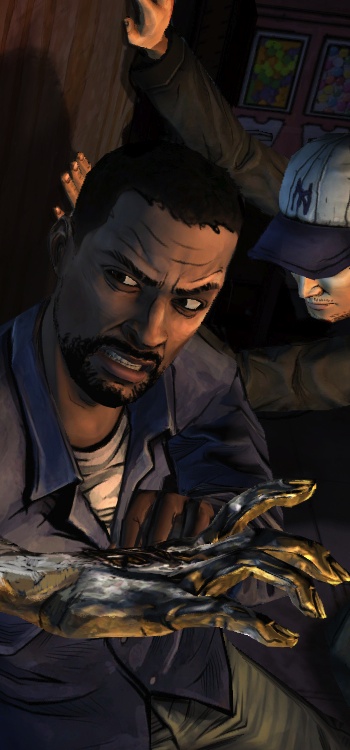 I can keep these unflattering things to myself under normal circumstances, perhaps brush it off as a passing thought if not be comforted by the idea that people don’t have to know about the shameful thoughts that can cross my mind. But everyone can know in The Walking Dead—at the end of an episode, stats are uploaded and choices are displayed to the community at large. Suddenly I can’t hide from that choice I’m not proud of, suddenly I’m really self aware about the things I’ve done.
I can keep these unflattering things to myself under normal circumstances, perhaps brush it off as a passing thought if not be comforted by the idea that people don’t have to know about the shameful thoughts that can cross my mind. But everyone can know in The Walking Dead—at the end of an episode, stats are uploaded and choices are displayed to the community at large. Suddenly I can’t hide from that choice I’m not proud of, suddenly I’m really self aware about the things I’ve done.
Typically I’m less likely to hide things in a game, where my actions—which, as Kirk Hamilton points out, often happen too fast for us to process—speak for themselves. It’s telling that I feel the tincture of worry when I compare my choices to those of other people at the end of an episode. Normally because it’s not real life, I can eschew social norms and expectations with ease if I’d like to. No audience. Nobody has to know.
Does that mean these choices are a better reflection of who I am; granting me the ability to act without hindrance? Really, to what extent do we act in certain ways only because it is expected of us in our daily social contracts? Would we, for instance, pull a Walter White and stop playing by the rules if we had the chance?
The laughable part is when I start justifying it—when I think oh, the point of the game is to show us that under trying circumstances, the living are worse than the dead. Or think to myself that the game makes a point of robbing you of your humanity because becoming stoic is the only way to bear the circumstances it puts you under.
Really though, is that right? When any choice is literally a click away, am I really going to say acting in a certain way is inevitable? I don’t know what to think.
The quandary is whether or not the me that does questionable things in the game is anything like the me that is holding the controller, and that’s where I stumble. I mean, I think it’s wonderful that a game can make me wonder such personal things about myself, for sure—that’s a strength of the medium, I’d say! Still, there’s fear. Fear that I’m not like Lee at all, not really. Fear you might find something ugly about me if you dig deep enough.
Maybe I’ll overcome petty impulses and take up the task of being the hero like he regularly does while playing. Maybe I can approximate being a good person, out of lack of choice or the feeling that it’s what I’m ‘supposed’ to do—and I should ignore all this other passing stuff. But in the back of my head there’s a quiet, unsettling whisper that tugs at me, won’t leave me alone. It keeps asking me if the hero is just who I wish I could be because it’s the “right thing to do,” but not who I actually am.
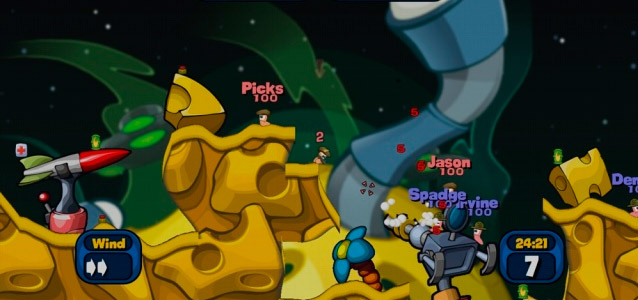
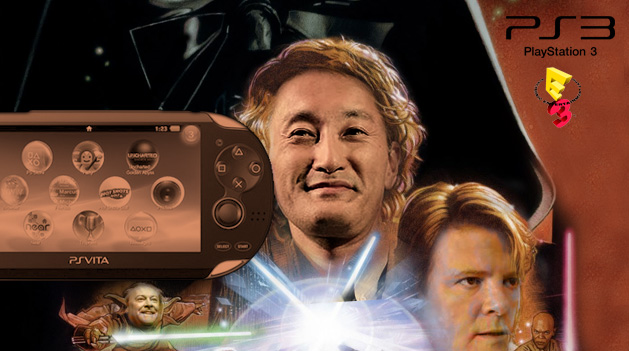
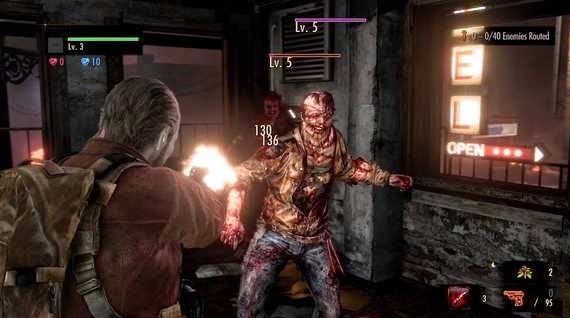
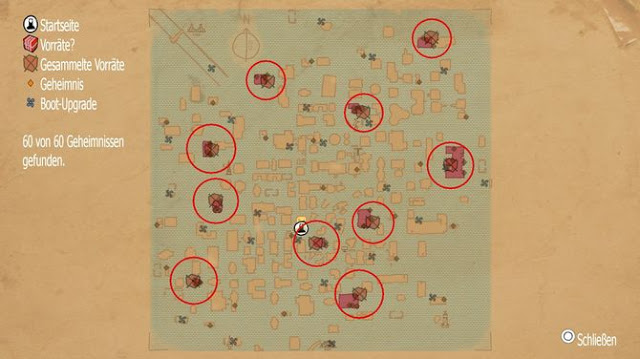
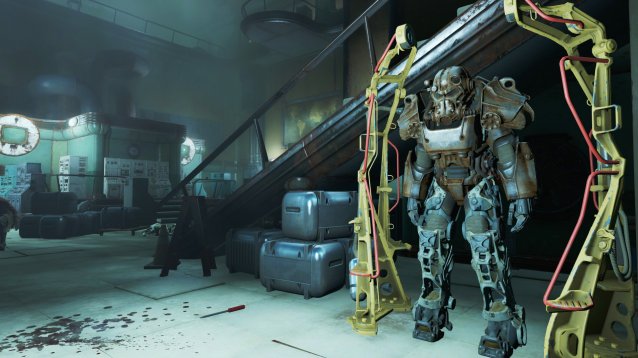 Fallout 4 Guide: Clothing And Armor - What To Wear and How to Wear It
Fallout 4 Guide: Clothing And Armor - What To Wear and How to Wear It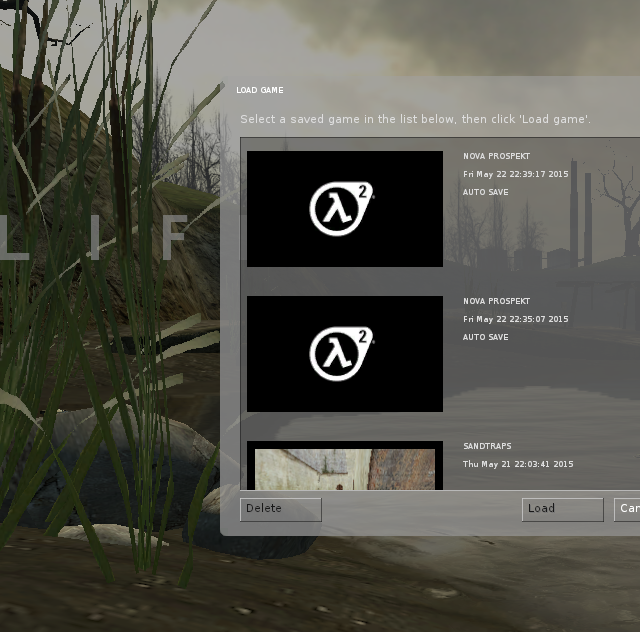 How to Install Steam and Start Gaming on Linux
How to Install Steam and Start Gaming on Linux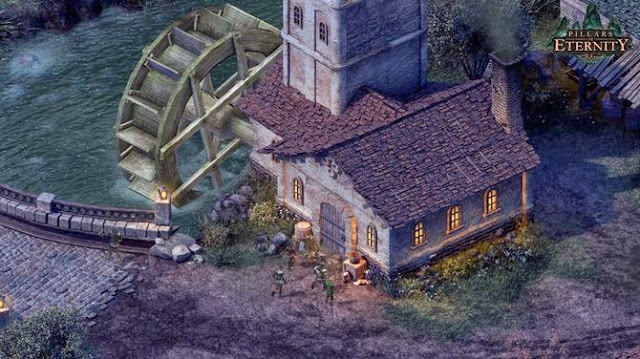 Pillars of Eternity (PC) Companions Locations
Pillars of Eternity (PC) Companions Locations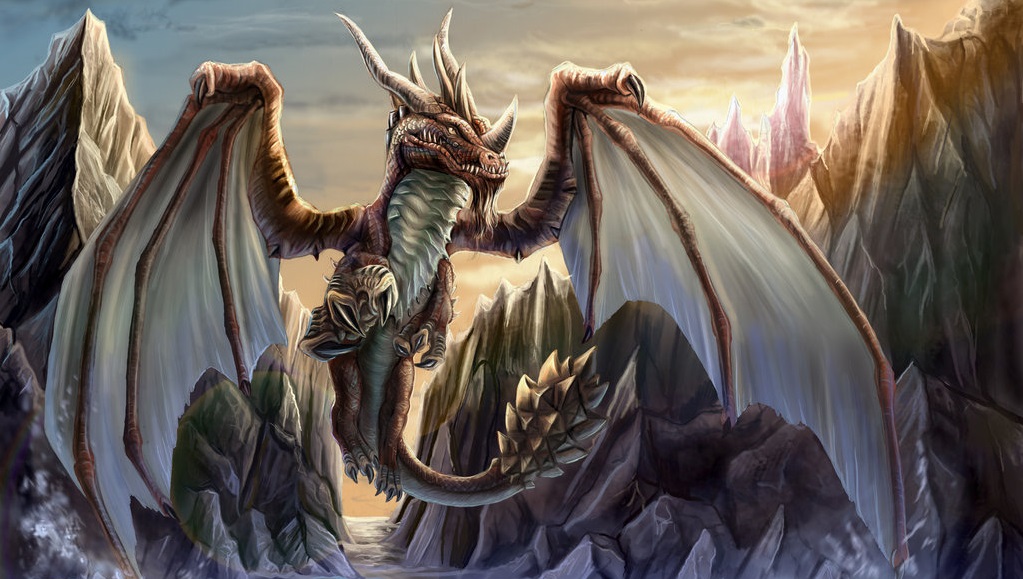 Hearthstone Blackrock Mountain Guide: Defeating Vaelastrasz
Hearthstone Blackrock Mountain Guide: Defeating Vaelastrasz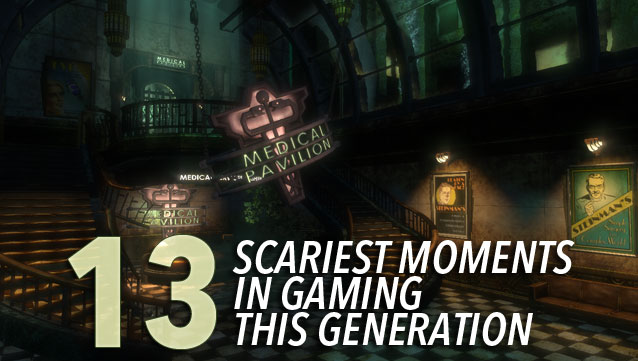 13 Scariest Moments in Gaming This Generation
13 Scariest Moments in Gaming This Generation